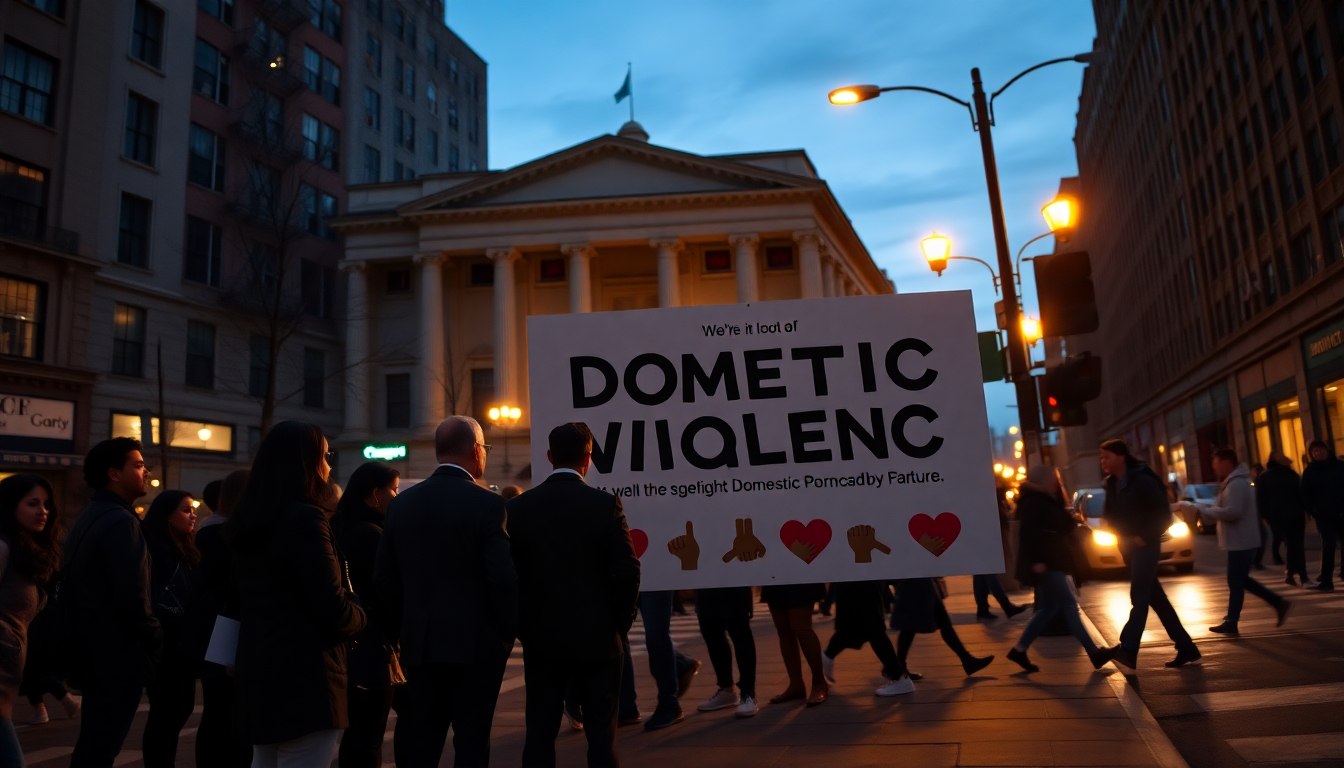Table of Contents
The ongoing debate about public safety and how we respond to domestic violence has really heated up in New York City, especially with Zohran Mamdani in the spotlight. As the election draws near, advocates for domestic violence survivors are raising alarms over Mamdani’s previous comments regarding police involvement in these life-threatening situations. What’s at stake here? The outcomes of these discussions could significantly impact countless individuals facing crises.
The Context of the Debate
In light of recent social movements, especially following the tragic death of George Floyd, the conversation around police reform has intensified. More and more people are calling for a rethinking of policing responsibilities. Enter Zohran Mamdani, a democratic socialist who made his way into the New York state legislature in 2020. He’s been quite vocal about the need to defund the police and shift certain responsibilities away from law enforcement. On the Immigrantly podcast, he argued that many social issues, including domestic violence, could be better handled by specialists rather than police officers. But this viewpoint has ignited a fierce debate among advocates and survivors of domestic violence, who argue that quick police involvement can be a matter of life and death.
Michelle Esquenazi, the founder of the Victims Rights Reform Council, has voiced the deep-seated fears many have regarding Mamdani’s proposed policies. She pointed out that victims often find themselves in dire situations where a swift police response is critical. The message from survivors is loud and clear: any barriers to police involvement could lead to tragic consequences.
Survivor Perspectives and Community Concerns
Survivors of domestic violence are stepping forward to share their stories, highlighting just how essential law enforcement can be in ensuring their safety. Take Jennifer Harrison, for example. As an executive director of the Victims Rights Reform Council, she shared her own harrowing experience, where police intervention was crucial in protecting her and her child from a dangerous situation. The fear that many survivors live with is only heightened by the thought of a police force that may not respond as quickly, leaving them vulnerable in perilous circumstances.
The statistics surrounding domestic violence are shocking. Studies reveal a troubling prevalence of intimate partner violence among women. The World Journal of Psychiatry has pointed out that domestic violence is a leading cause of homicide for women, highlighting the urgent need for effective responses. Advocates emphasize that police officers, trained to handle such volatile situations, offer a vital layer of protection that simply cannot be replaced.
The Political Landscape and Future Implications
As the tension between community safety and police reform unfolds, New York City’s political landscape is rapidly changing. Candidates like Mamdani are navigating a tricky terrain, where their proposed policies could have far-reaching effects on public safety. While Mamdani assures voters that he intends to work alongside the police rather than defund them, skepticism is still running high among those who have faced the harsh realities of domestic violence.
The upcoming election is more than just a choice of leadership for New York City; it could also shape how domestic violence is addressed in the future. As this debate continues, it’s essential for voters to listen to the voices of survivors and reflect on the real-world impacts of the policies being proposed. The stakes couldn’t be higher, and the outcomes will undoubtedly influence the safety and well-being of individuals citywide.


